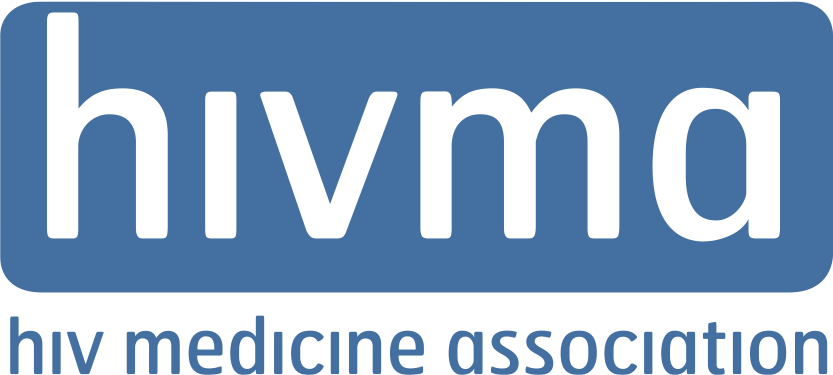IDSA and HIVMA Release New Comprehensive Primary Care Guidance for People with HIV
People with HIV who have access to care and antiretroviral therapy can live a near expected lifespan without progressing to AIDS or transmitting HIV to others. Despite the availability of effective ART, just under 60% of individuals aware of their HIV diagnosis in the U.S. are virally suppressed and maximally benefiting from treatment. To optimize health outcomes, persons with HIV must be able to consistently engage in care and maintain uninterrupted access to treatment, including ART.
New guidance published today by an expert panel of the HIV Medicine Association of the Infectious Diseases Society of America updates the 2013 guideline for providing comprehensive evidence-based primary care to people with HIV. This guidance reflects the more complex primary care needs of an aging population of people with HIV who are now living longer due to the availability of more effective, less toxic and simpler HIV treatment regimens. The panel is composed of members of HIVMA and is co-chaired by Melanie A. Thompson, M.D., and Michael A. Horberg, M.D., MAS, FIDSA.
“As people with HIV live long and productive lives because of effective antiretroviral therapy, it is more important than ever to provide them high quality, state-of-the art primary care,” said Rajesh T. Gandhi, M.D., FIDSA, chair of HIVMA. “These guidelines provide clinicians with the updated information they need to prevent and manage co-occurring conditions that are more common in people with HIV and to support regular care engagement — all part of our mission to provide the best primary care for all of those living with HIV.”
In addition to including a new section on special considerations for transgender and gender diverse populations and COVID-19 in people with HIV, the guidance updates previous recommendations for:
- optimizing care engagement, medication adherence and viral suppression;
- conducting an initial evaluation and routine health care maintenance;
- managing metabolic and other noncommunicable comorbidities associated with ART and aging;
- caring for cisgender women and transgender men of child-bearing potential; and
- managing HIV in children and adolescents.
Primary Care Guidance for Persons with Human Immunodeficiency Virus: 2020 Update by the HIV Medicine Association of the Infectious Diseases Society of America co-authored by Melanie A. Thompson, Michael A. Horberg, Allison L. Agwu, Jonathan A. Colasanti, Mamta K. Jain, William R. Short, Tulika Singh and Judith A. Aberg published online today in Clinical Infectious Diseases.


